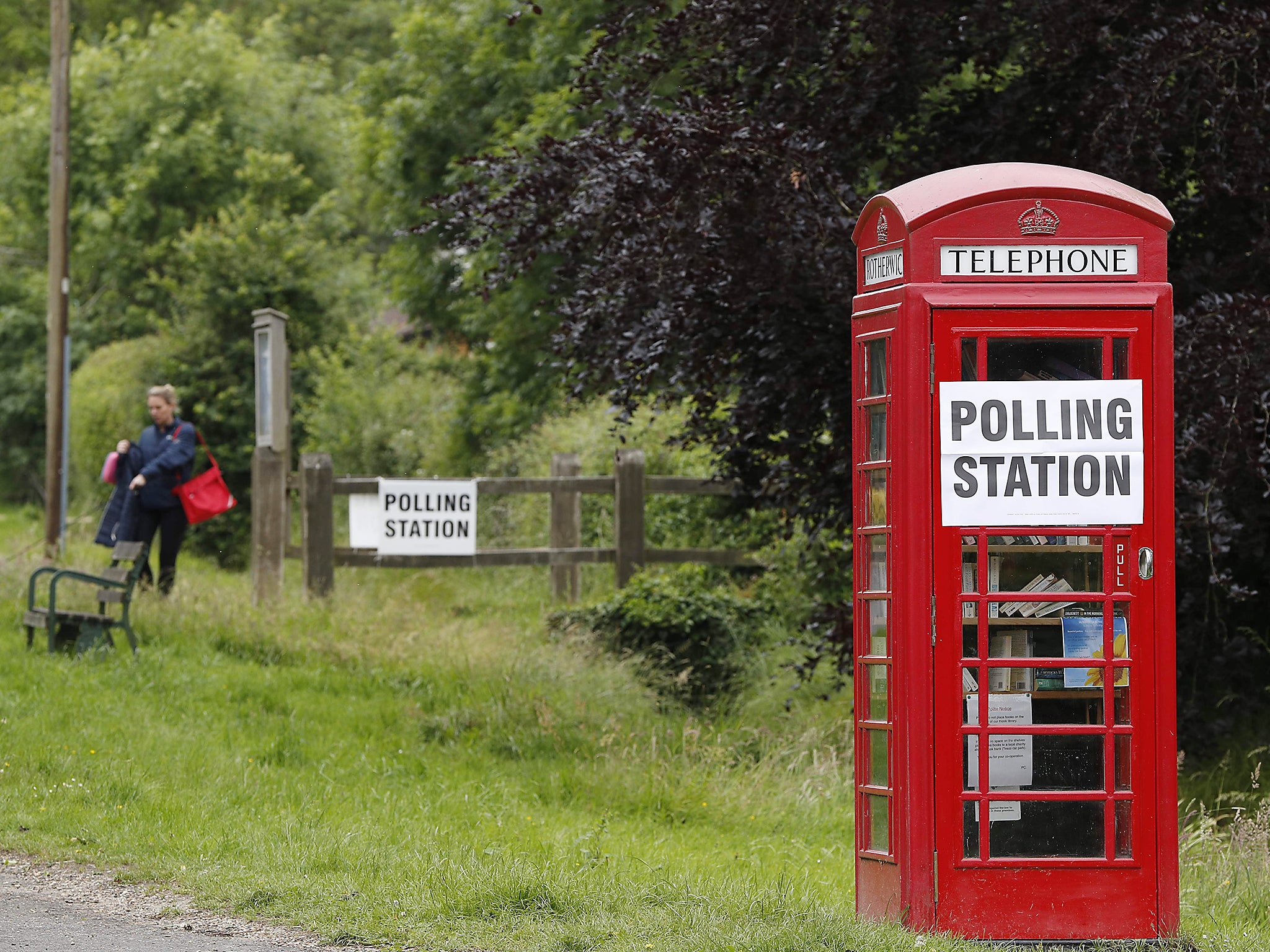This is how some disabled people were stopped from voting in the general election
It’s bad enough being treated as a second-class citizen, an experience that is all too common. But if you’re denied the vote you in effect have your citizenship stripped from you


Seven years of contempt. I think that’s a fair summary of the current Government’s attitude towards disabled people.
Support has been cut. To access what is available confronts us with the sort of chase that Aintree racecourse used to challenge horses entered into the Grand National with, before deciding it was too cruel.
Promises – such as a pledge to halve the disability employment gap by 2020 – have been broken, then forgotten about. A target became an aspiration, and there’s scant evidence that anything is being done to meet even that.
But hey, we live in a democracy. We can force change, right? On election day we have the power to put an X in a box and send the people responsible for overseeing this sorry state of affairs – one that was described by the United Nations as a tragedy – on a one-way trip to their local Job Centre Plus.
Of course, MPs tend to have connections. They tend to be able to secure alternative employment with relative ease after getting their just deserts. There’s no torture, sorry “training”, involving “work-like activities” for them.
But that’s beside the point, which is that, when it comes to elections, we disabled people are like everyone else. Swing your crutch or your cane around your head and make like Mattel’s He-Man: “By the Power of Greyskull, I have the power!”
Except that we don’t. Or at least some of us don’t.
A report published today by the Electoral Commission reports incidences of disabled people being denied their franchise purely because of their disability.
The report says that “most people” have a good experience, and judged the last election to have been well run (80 per cent among able-bodied voters who were questioned). But that figure fell to just 72 per cent for those with disabilities.
Chillingly, it went on to say this: “They (disabled voters) have gone to the polling station and been sent away or they have not been able to get in. Other people said that voting at their polling station made them feel uncomfortable.”

That is simply unacceptable in a modern democracy. Really, it beggars belief. That you should turn out to a polling station and be told to get lost by some faceless official?
The experience of those with learning disabilities, and/or autism is particularly troubling.
I’ve studied the history of the eugenics movement in Britain; the ugly attempt to build a better human in the first half of the last century. It led to those who didn’t fit society’s conception of the ideal Briton being described as “feeble-minded” and abused as result.
It’s most chilling manifestation was, of course, in Nazi Germany. But let’s not kid ourselves that it was all sweetness and light over here.
The movement might have been discredited, but it appears echoes of it have persisted in the way people have been treated at polling booths.
Of course you can get a postal vote. But then you run into official forms which people often find intimidating and difficult to navigate.
It can still serve as important aid for those who might struggle to get to polling stations. But it isn’t something you should have to rely on because the polling station is a thoroughly unfriendly place.
It is worth noting, at this point, the Conservative Party’s interest in voter registration – copied from the US, where the Republican Party’s introduction of a requirement for photo ID in many states is squarely aimed at disenfranchising groups (African-Americans and other minorities, young people, and so on) who don’t vote for it.
The moves to replicate that over here are enough to make you shudder. They are how democracy dies. Such a requirement would almost certainly serve to make it still harder for disabled people in this country to vote.
It’s bad enough being treated as a second-class citizen, an experience that is all too common. Exclusion and discrimination are the norm, not the exception.
But if you’re denied the vote you in effect have your citizenship stripped from you.
This is happening today, in a 21st century Britain the Conservative Government exhorts us to be proud of. The correct way to respond is with embarrassment and shame. And then to do something about it.
The Electoral Commission has taken some flak, and deservedly so when it comes to the way irregularities with election spending keep cropping up. But its report on this subject is a good one, and its recommendations for change should be given a high priority.
James Taylor, head of policy, campaigns and public affairs at disability charity Scope says implementing them will require action from government, and all political parties.
I’m not at all confident that we will get that, and from one of those parties in particular.
Join our commenting forum
Join thought-provoking conversations, follow other Independent readers and see their replies
Comments
Bookmark popover
Removed from bookmarks